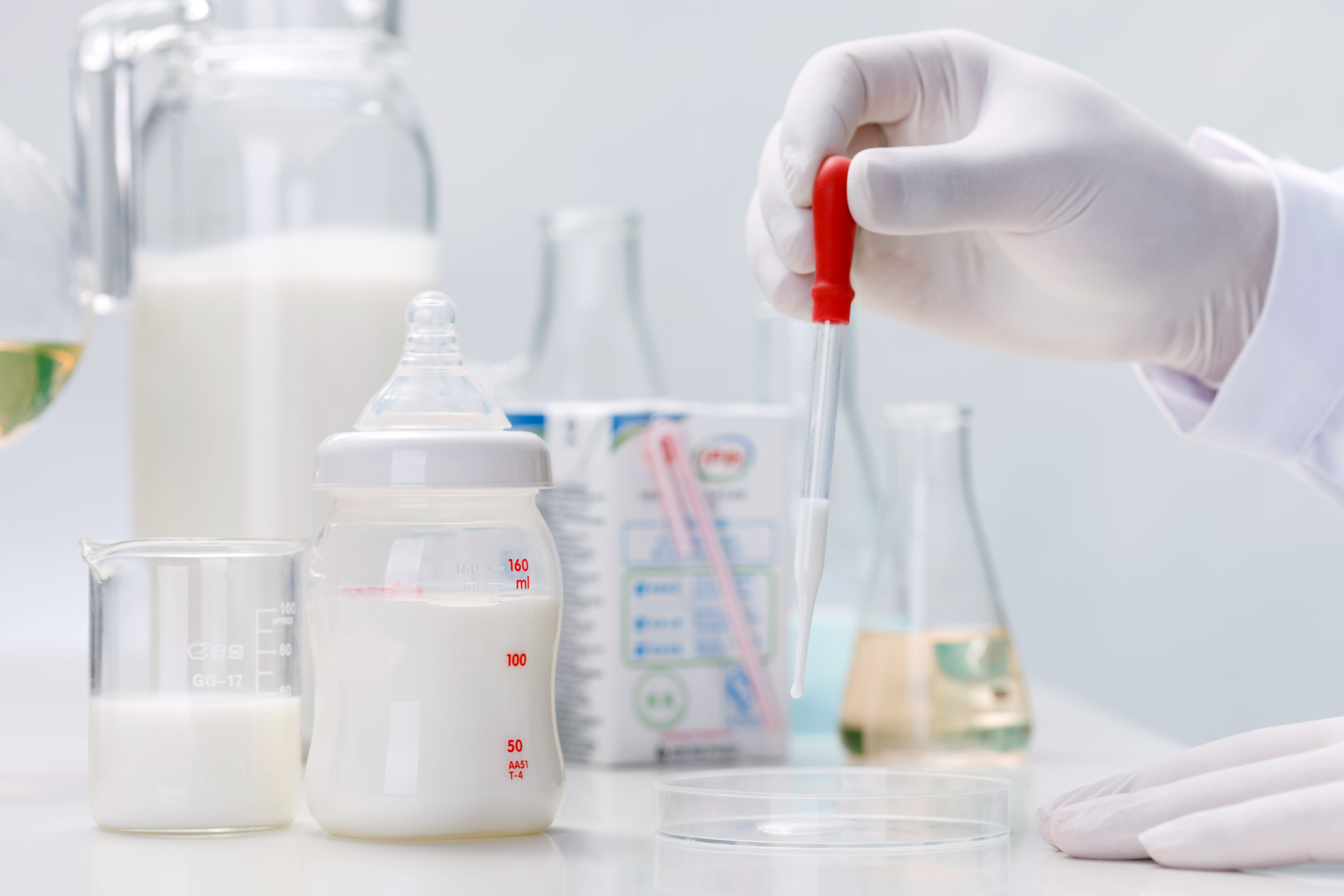Ph.D. in Dairy Chemistry: Introduction, Admission, Registration, Eligibility, Duration, Fees, Syllabus 2024

Introduction:
A Ph.D. in Dairy Chemistry provides a deep dive into the science behind the production and processing of dairy products. This program blends chemistry, biochemistry, microbiology, and engineering principles to understand and improve the dairy industry. Graduates are equipped with the knowledge to address challenges in food safety, product development, and sustainability in dairy production.
Admission Process:
- Application Submission: Fill out an online application detailing your academic background and professional experience.
- Transcripts: Provide transcripts from all undergraduate and postgraduate institutions attended.
- Letters of Recommendation: Submit at least three letters from academics or professionals who can vouch for your abilities and potential in dairy science.
- Statement of Purpose: Write a statement outlining your research interests, your career goals, and why you want to pursue a Ph.D. in Dairy Chemistry.
- Research Proposal: Some programs may require a preliminary research proposal to assess your research thinking and alignment with the department’s capabilities.
- Interviews: Interviews with potential faculty advisors and other departmental staff to discuss your qualifications and fit for the program.
Eligibility:
- Educational Background: A master’s degree in chemistry, biochemistry, food science, or a related field.
- GPA: A minimum GPA, often around 3.0 or higher.
- Research Experience: Demonstrated experience or strong potential for research, preferably with a focus on dairy or food chemistry.
- Laboratory Skills: Competence in laboratory techniques relevant to dairy chemistry.
- Language Skills: For non-native English speakers, proficiency in English (TOEFL or IELTS scores may be required).
Completion Time:
The completion of a Ph.D. in Dairy Chemistry typically takes about 4-6 years. This duration depends on the research project’s scope, the speed at which you complete your dissertation, and any teaching responsibilities you might undertake.
Career Opportunities:
- Academic Researcher: Conducting research and teaching at universities and research institutions.
- Product Development Scientist: Developing new dairy products for the food industry.
- Quality Assurance Manager: Overseeing the quality and safety of dairy products in production settings.
- Regulatory Affairs Specialist: Ensuring dairy products comply with government regulations and standards.
- Technical Sales Specialist: Providing expertise to companies that supply ingredients, equipment, or services to the dairy industry.
Syllabus:
- Advanced Dairy Chemistry: Study of the chemical and biochemical aspects of milk and its components.
- Food Microbiology: Understanding pathogens and spoilage organisms in dairy products.
- Food Safety and Quality: Techniques and principles for maintaining safety and quality in dairy production.
- Sensory Evaluation of Dairy Products: Methods for assessing the sensory qualities of dairy products.
- Research Methods and Statistics: Tools for conducting and analyzing scientific research.
Internship Opportunities:
- Industrial Internships: Working with dairy producers or related companies to gain practical experience.
- Research Internships: Collaborating on projects in academic or industrial settings.
- International Study Opportunities: Participating in programs that offer experience in dairy industries abroad.
Scholarships and Grants:
- University Scholarships: Financial support from the academic institution, often covering tuition and providing a stipend.
- Industry-Sponsored Scholarships: Funding from dairy-related businesses for research relevant to the industry.
- Government Grants: Federal or state grants for agricultural and food science research.
- Conference Sponsorships: Support for presenting research findings at national and international conferences.
FAQs:
What is the focus of a Ph.D. in Dairy Chemistry?
The focus is on understanding and improving the chemical and biochemical processes in the production and processing of dairy products.
Can I work while completing my Ph.D.?
While challenging, some students may work part-time, especially in roles related to their field of study.
What are common research areas in Dairy Chemistry?
Common areas include protein chemistry, lipid oxidation, enzyme reactions in milk, and the impact of processing techniques on nutritional quality.
